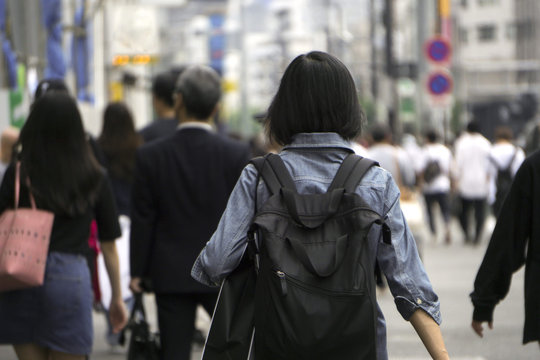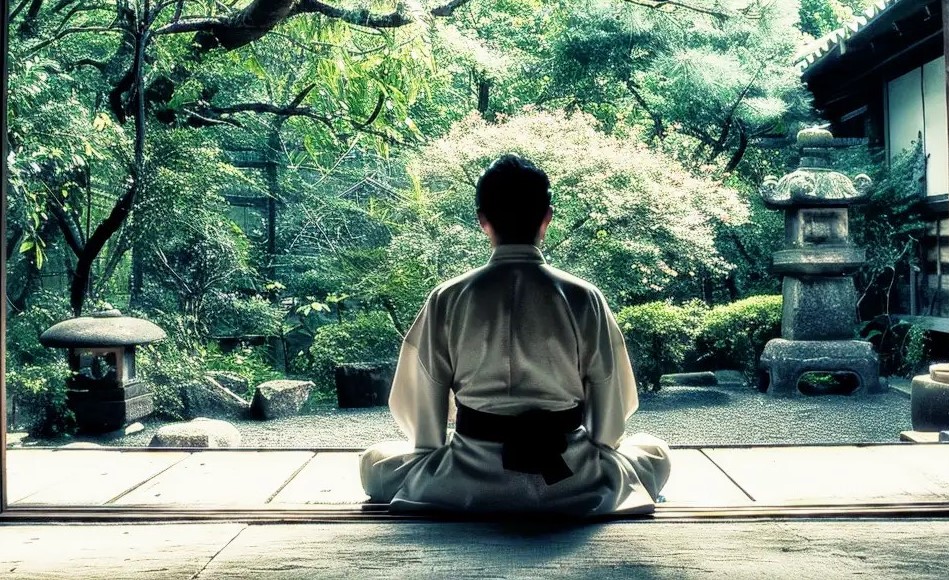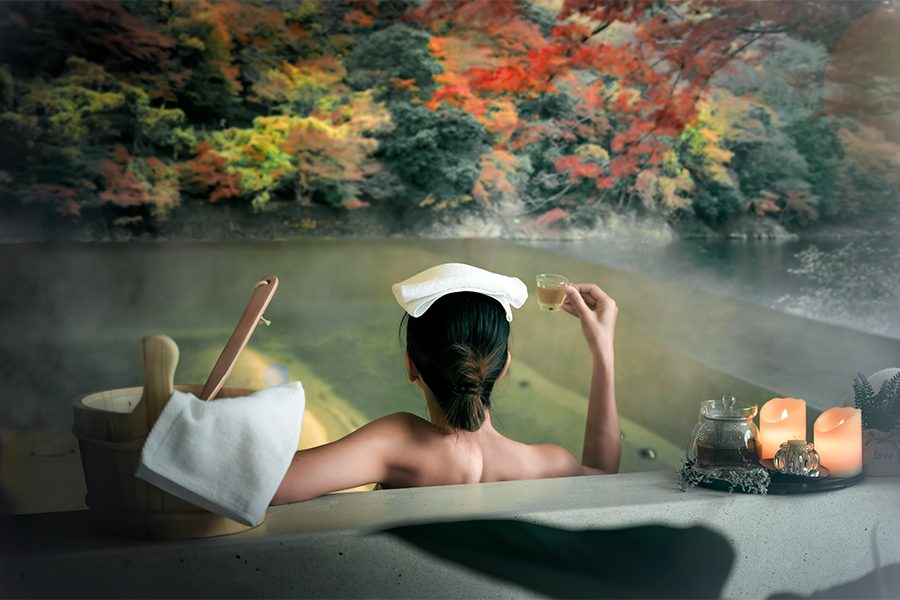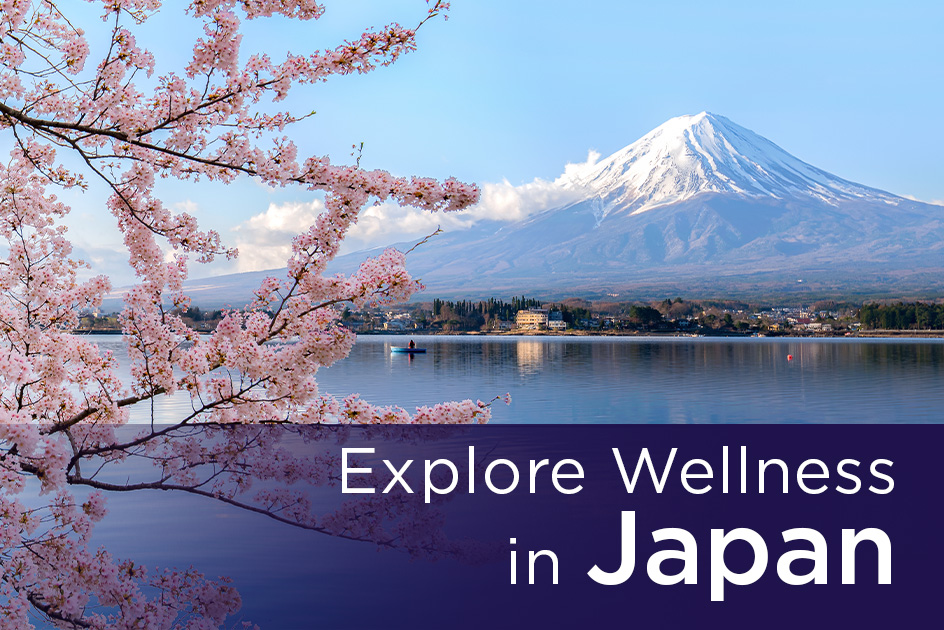
In recent years, Canadians seeking effective addiction recovery and mental health support are exploring options beyond their home country. Japan has emerged as a leading destination for those looking to combine clinical expertise with holistic wellness practices. From inpatient and outpatient treatment to faith-based and individualized care, Japanese programs offer a unique approach that addresses both the physical and emotional aspects of recovery. For many patients, crossing borders is more than a journey—it is an opportunity to find a setting that nurtures long-term healing and personal growth.
The Growing Trend of International Mental Health Care
Medical travel for mental health and addiction treatment is increasingly common. Patients are looking for programs that provide comprehensive care, supportive environments, and personalized attention.
Why Canadians Are Looking Abroad
Many Canadians face challenges such as long wait times, limited local program options, or a desire for a fresh start in recovery. Japan offers solutions that go beyond traditional treatment, providing immersive experiences that focus on both mental and emotional well-being. Patients are drawn to programs that integrate structured therapy, mindfulness, and culturally informed practices in a calm and restorative environment.
Benefits of a Holistic Approach
Japanese wellness traditions emphasize the balance between mind, body, and spirit. Mindfulness exercises, meditation, reflective journaling, and nature-based activities help patients develop emotional awareness, reduce stress, and build resilience. For Canadians navigating addiction recovery or mental health challenges, these practices complement conventional therapy and support sustainable recovery outcomes.
Integrating Clinical Strength and Holistic Care
Canada is known for its evidence-based addiction recovery and mental health programs. These programs provide medical oversight, licensed professionals, and structured treatment plans. When combined with Japanese holistic care, patients benefit from a comprehensive model that addresses both immediate needs and long-term well-being.
Inpatient and Outpatient Options
Inpatient care in Japan offers intensive support for individuals in critical stages of recovery, providing structure and 24-hour guidance. Outpatient programs allow patients to continue their journey while reintegrating into daily life. Both approaches are enhanced by mindfulness, routine-based practices, and holistic therapies that nurture emotional and spiritual growth.
Personalized and Faith-Based Programs
Many Japanese programs offer faith-based or spiritually oriented support, providing additional layers of emotional guidance. Personalized care plans ensure that treatment aligns with the patient’s values, goals, and life circumstances, making recovery a truly individualized experience.
Preparing for Medical Travel
Traveling for mental health or addiction care requires careful planning. Patients should consult with healthcare providers both in Canada and in Japan to ensure continuity of care, safe travel arrangements, and an effective treatment plan. Understanding the program’s structure, therapies, and cultural context is essential for a successful recovery experience.
Crossing Borders for Lasting Healing
Seeking care abroad can be a transformative step for Canadians facing addiction or mental health challenges. Japan’s unique blend of clinical expertise and holistic wellness provides a supportive environment for meaningful recovery. By choosing programs that combine structured treatment with mindfulness and individualized care, patients can achieve not only symptom management but also emotional resilience and personal growth.
If you or a loved one are considering international treatment for addiction recovery or mental health support, reaching out to a qualified professional is the first step toward a safe and effective journey. Crossing borders for wellness may open doors to new healing possibilities and a stronger, healthier future.






